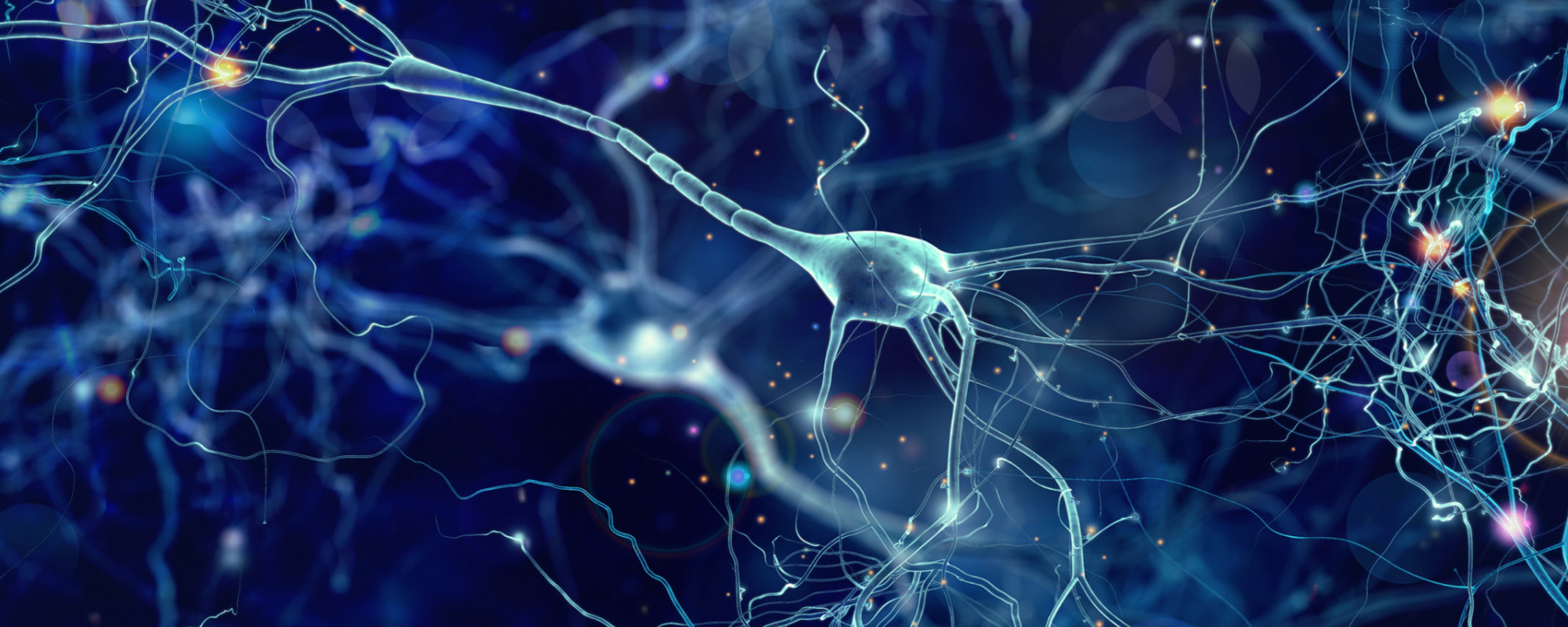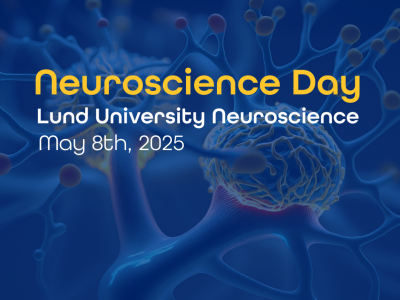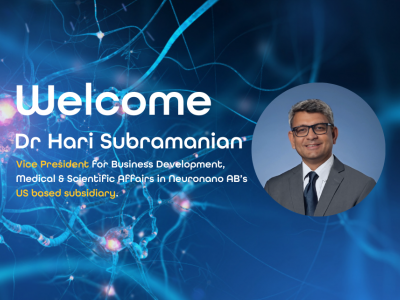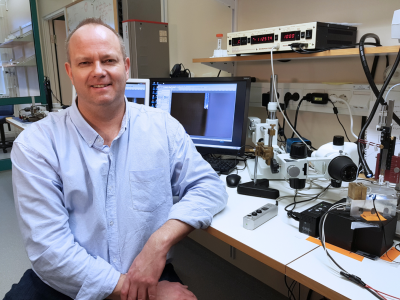Deep Brain Stimulation (DBS) is an established treatment for alleviating symptoms of Parkinson’s disease. However, problematic side effects often limit the benefits of the treatment. To address this problem, researchers at Neuronano Research Center at Lund University have developed a novel cluster of ultrathin platinum-iridium microelectrodes embedded in a needle-shaped gelatin vehicle, which enables gentle implantation of an array of ultraflexible microelectrodes in deep brain targets.
The researchers (Mohsin Mohammed, Nedjelika Ivica, Hjalmar Bjartmarz, Palmi Thor Thorbergsson, Lina M.E. Pettersson, Jonas Thelin, and Jens Schouenborg) found that normal movements could be restored by individualized selective stimulation of subgroups of the implanted microelectrodes, notably without causing noticeable adverse effects in the Parkinsonian rats. The study thus provides proof of concept for a novel microelectrode based deep brain stimulation technique and for a novel stimulation paradigm. Furthermore, an accompanying histological analysis confirmed a high biocompatibility of the ultrathin microelectrodes.
The study was published in the Journal of Neuroscience Methods on the 23th of October. Read the article here.




